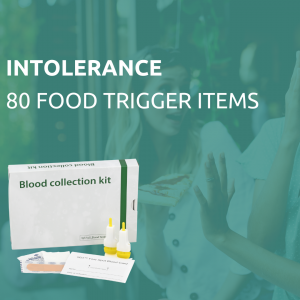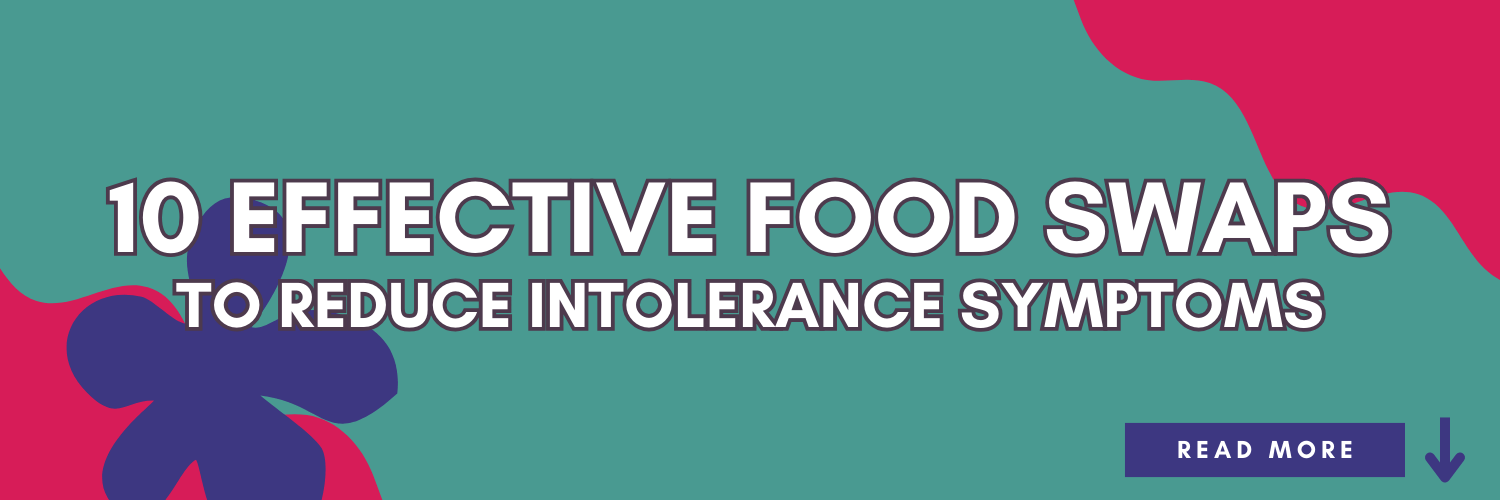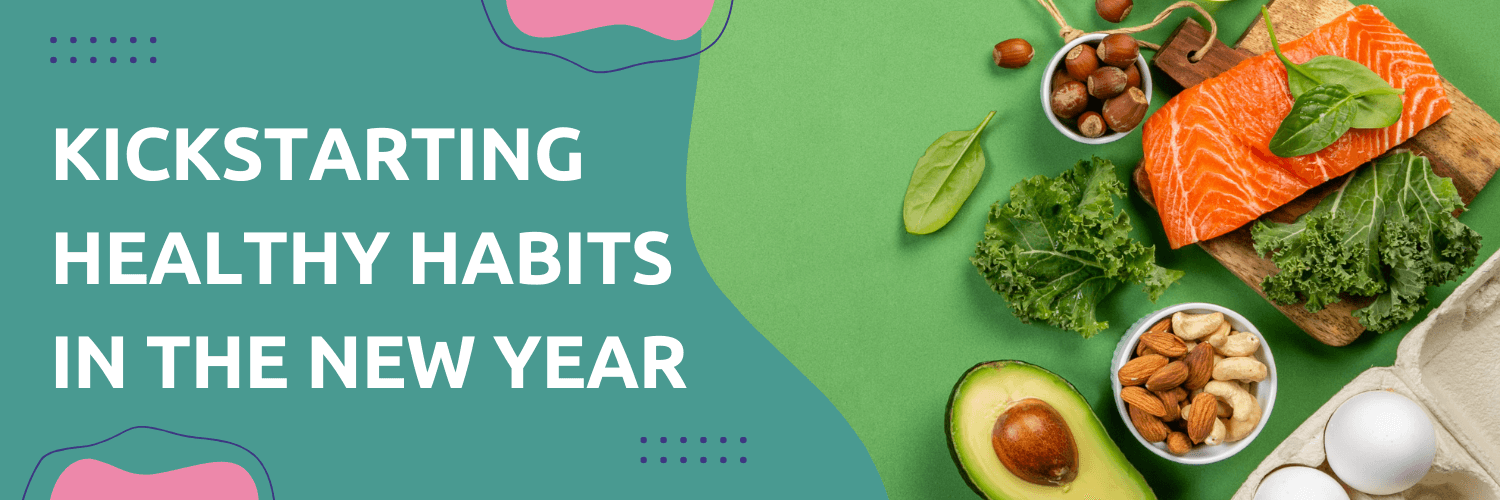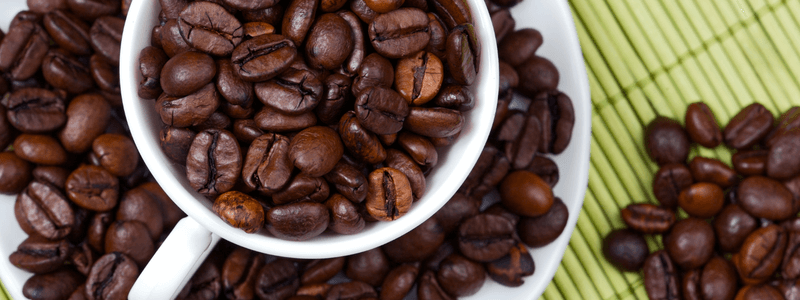
Bloating after eating is quite a common occurrence. There are practices you can take to ensure you don’t bloat every time you eat. Sometimes bloating after eating can be accompanied by flatulence, burping, and a swollen and uncomfortable stomach.
Often, a bloated stomach feels full, tight, and painful. Not all people have a distended stomach when bloated. Some people can feel all the bloating symptoms without a swollen belly. Most of the time, you will find that bloating results from a digestive issue, even though hormones and stress can also be a part of it. Other times, a bloated stomach is caused by an underlying medical condition.
What is bloating?
Bloating can often be described as having increased pressure in your gut or the sensation of having trapped gas. Sometimes bloating can be accompanied by symptoms such as abdominal distension. The feeling of a bloated stomach can range from being mildly uncomfortable to extremely painful. Even though bloating often goes away after a while, some people experience it regularly.
If you keep experiencing bloating most of the time, then you will need to talk to your doctor. It’s often caused by hormone fluctuations, digestive issues, and other underlying conditions. If you keep having constant bloating and it doesn’t go away, it is advisable to seek medical care.
What causes bloating?
There are many reasons why you might be bloated after eating. Some of these include:
Gas buildup

Our 80 Items Intolerance Test
Most people feel bloated after eating because they have excess gas buildup in their stomachs. Gases like oxygen, methane, carbon dioxide, and nitrogen are introduced into your gut by swallowing air and because of fermented food in your large intestines. Gas is also a byproduct of digestion. When you have excess gas in your stomach, it means that day digestion has gone awry.
Most of the time, the gases you introduce into your body through swallowing or carbonated drinks often leave the body through belching. But if the gas doesn’t leave the body in such a manner, then it will stay in your stomach all through digestion before leaving. Most of your stomach gas is produced because of the fermentation of carbohydrates. Sometimes, too much gas is made in the stomach because you have food intolerances. In this case, you need to take an Intolerance Test. Most food intolerances resulting in gas buildup are fructose and lactose.
In rare cases, bloating could signify medical issues like malabsorption syndrome, liver disease, cancer, or bowel obstruction. Chronic unresolved bloating requires immediate medical advice.
Foods that trigger bloating
Most people also suffer from bloating after consuming foods that contain high amounts of poorly digesting compounds. These include insoluble and fructose, sugar alcohols, and the sugars raffinose and soluble fibres. When you eat such foods, the undigested sugars and fibres end up in your large intestines, where bacteria ferment them, thus increasing gas. Foods that increase gas include:
- Whole grains: Wheat, oats, wheat germ, and wheat bran.
- Vegetables: Cabbage, cauliflower, broccoli, and Brussel sprouts.
- Legumes: Lentils, beans, baked beans, and peas.
- Fruits: Prunes, peaches, pears, and apples.
- Drinks: Soda and other carbonated drinks.
- Sugar alcohols and artificial sweeteners: Sorbitol, xylitol, and mannitol.
You don’t need to avoid these foods, but if you get bloated by eating any of the food groups, you need to ensure you have a food diary to nail down which specific foods cause you to bloat. Then it will be easy to move on from there. Most of the above food groups, like vegetables and white grains, contain lots of fibres, and that’s what could be causing you to bloat. Fibre is healthy and good for your heart, but when introducing it into your diet, you need to do so progressively so that your body can handle it.
Fatty foods
Even though fats are essential to a healthy diet, they can sometimes cause bloating. Your body takes a long time to digest fats because fats move slowly through the digestive tract, which may cause bloating. Because high-fat foods delay your stomach from emptying, it often results in bloating.
People who experience this need to reduce the amount of fat they consume. It is necessary to note that not all fats are equal, and there can be a difference in the digestion of trans, unsaturated, and saturated fats. For example, a study shows that people with stomach emptying problems realised that high-fat foods caused an increase in symptoms, including bloating {1}. You need to pay attention to the types of fats that cause issues. It is better to indulge in fats like nuts, avocado, and seeds. When you limit your intake of fried, processed, and refined foods, then it can help with your overall health and digestion.
Bloating from allergies and intolerances
Bloating is often the first sign of food intolerance because excessive gas production is trapped in the gut. Food intolerance occurs when your digestive tract lacks the enzyme to break down the proteins in that food. It can also happen because your digestive tract reacts to that specific food. To handle your food intolerances better, you could get an Intolerance Test. This test will look for food intolerances and give you a list of foods to avoid. Before taking an intolerance test, you need to be sure that there are no other underlying diseases causing you to have so much gas in your gut.
Drinking and eating fast
When you drink and eat too quickly, you end up swallowing a lot of gas, leading to gas buildup in the gastrointestinal tract. People who eat and drink too promptly must slow down their pace to reduce the problem. Carbonated drinks also contain carbon dioxide, which can cause bloating by increasing gas buildup in the gastrointestinal tract. Still, water is the best-carbonated drink alternative.
Too much salt
Too much salt in your diet may result in long-term health issues like high blood pressure. But in the short term, a salty meal could lead to water retention, which causes bloating. To reduce too much salt in your diet, you can reduce the amount of processed food you consume and use more flavourful herbs in the place of salt.
Hormones
Women tend to have a hormonal imbalance, especially when they’re close to having their periods. For example, oestrogen spikes cause retention, so you’ll notice bloating from fluids. When it’s time to have periods, the uterus increases in size just before menstruation, giving you a bloated stomach. Oestrogen and progesterone hormones interact with your digestive system, which can cause intestinal gas by either increasing or slowing your motility.
How to stop bloating
There are many ways to reduce bloating. These include:

2 females doing yoga poses.
Take a walk or do some yoga.
Instead of heading for your couch or desk after a meal, you can take a quick stroll to get some movement in. Walking can stimulate gastric motility, which helps reduce bloating. If you exercise regularly, you’ll be in better shape to prevent bloating because regular exercise keeps the walls of your large intestines toned so you can easily pass stool. According to studies, light physical activity can help release gas from the gastrointestinal tract and relieve bloating {2}.
Yoga is also a gentle form of exercise with poses with cat/cow or child’s poses which can relieve abdominal discomfort from bloating. When doing these gentle poses, you need to hold the poses and take deep breaths allowing your belly to expand with each breath. This will activate your body’s parasympathetic nervous system, which is calming and will allow you to digest your food better.
Drink some tea
Peppermint, ginger, or fennel tea will help you relax your digestive tract and relieve gas and bloating. Teas like peppermint can help with bloating because it relaxes the muscles, whose role is to pass painful digestion gas. It is, however, not advisable to drink peppermint tea if you have gastroesophageal reflux disease (GERD) or hiatal hernia because it can lead to stomach acids finding their way to your oesophagus.
Try probiotic supplements
Probiotics are microorganisms like bacteria that have health benefits when you consume them. You can either take a probiotics pill or eat foods that contain them naturally, like yoghurt, kefir, kombucha, kimchi, sauerkraut, tempeh, and miso. Some studies suggest probiotics may aid digestive symptoms like bloating because they boost the number and types of bacteria in your gut.
Try a gas-busting supplement.
A-galactosidase is one example of an anti-gas supplement that prevents gas buildup from certain foods. Even though these pills are advertised to avoid belching and flatulence, they can also relieve bloating. You can take these supplements to relieve gas as per your doctor’s advice. Other enzymes you can take include amylase, lipase, and protease. These can help break down fats, carbs, and proteins. You can find them separately or in combination over the counter.
Try intolerance testing
Sometimes, frequent bloating after eating specific foods is caused by food intolerances. You can easily find out which food your body is intolerant to and eliminate it from your diet. You can take a home-to-laboratory Intolerance Test, which will help you worry less because you will know which foods are causing you trouble. Before taking an intolerance test, it is wise to consult your doctor to see whether you’re suffering from any underlying illnesses.
Final thoughts on stomach bloating after eating
It is common to experience stomach bloating after eating from time to time. But once it becomes consistent, then that’s a red flag. You can check for any underlying illnesses, and if you find none, you can try an Intolerance Test. There are many causes of bloating after eating; among them, we have allergies and intolerances. If you can’t find anything wrong with you and you only get bloated after eating certain foods, then you’re probably allergic or intolerant to those foods.
References
- Homko, C. J., Duffy, F., Friedenberg, F. K., Boden, G., & Parkman, H. P. (2015). Effect of dietary fat and food consistency on gastroparesis symptoms in patients with gastroparesis. Neurogastroenterology & Motility, 27(4), 501-508.
- Lacy, B. E., Gabbard, S. L., & Crowell, M. D. (2011). Pathophysiology, evaluation, and treatment of bloating: hope, hype, or hot air?. Gastroenterology & hepatology, 7(11), 729–739.





